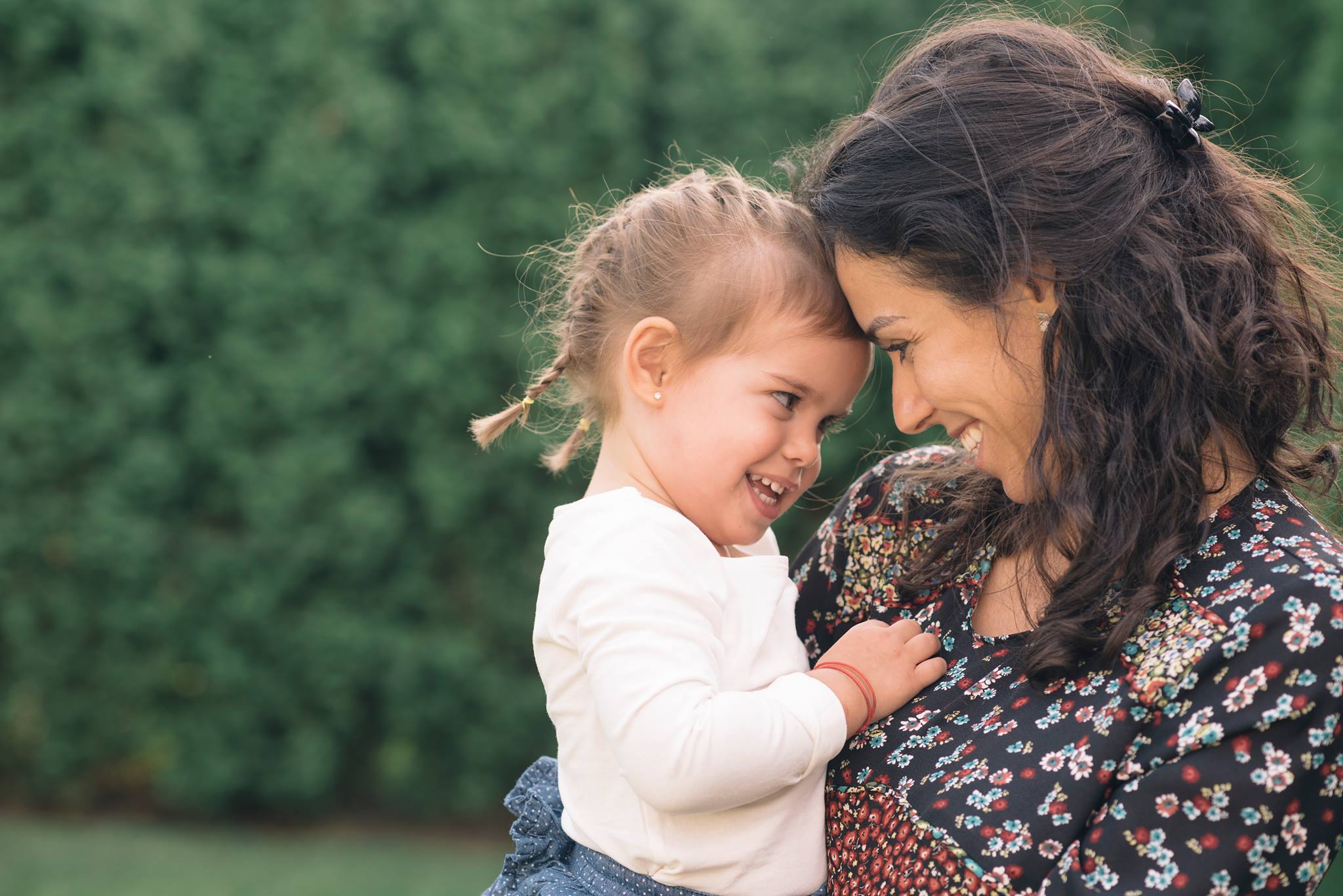One of the most enjoyable parts of having a baby is hearing the melt-your-heart, sweet-as-pie little coos that they make. And, one of the most frustrating parts of having a baby is hearing them cry, and the fact that they can’t tell you what’s bothering them. Making sense of those cries is the toughest parenting task of all in those first few weeks. Is the baby hungry? Is she in pain, overstimulated or tired? How can you tell? What can you do when your child is crying, and you don’t know why?
Parent’s own tears
All babies have moments, days or weeks when they cry more than usual, and it can be very upsetting and frustrating for parents who are trying to soothe them. Crying time generally increases from about two weeks of age, peaking at about six to eight weeks, and levelling out by about four months. When it’s combined with other stress factors, such as lack of sleep, financial worries and isolation, the pressure can become unbearable.
As every new parent knows, your baby’s cry prompts a physical reaction in you. It raises your blood pressure and pulse. And if it goes on long enough, crying seems enough to make you lose your mind or your temper. Although listening to a wailing newborn can be agonizing, the more relaxed you remain, the easier it will be to console your baby. Don’t let your frustration turn to anger or panic because it will only intensify your infant’s screams.
Why the „cry it out“ method isn’t a good option
Among parents of infants there is constant debate about how to respond to a baby’s cries. On one hand, there are those who advocate the „cry it out“ method, where the baby is left alone to cry in the hope that she will eventually stop. On the other hand, there are the „attachment parents“ who respond immediately to their crying babies and attempt to soothe them using various methods including holding and cuddling.
When faced with a crying baby, it may be wise to ask yourself the following questions: Why am I choosing this response? Do I want my baby to stop crying because he feels comforted and safe, or do I want my baby to stop crying for the sake of stopping crying? What is my baby learning about me and the world when I respond in this manner? If I were a baby and was upset, how would I want my caregivers to respond?
Having this in mind letting a young baby cry until she stops isn’t such a good idea. While leaving babies to cry it out can lead to the eventual dissipation of those cries, it also appears that this occurs due to the gradual development of apathy in the child. The baby stops crying because she learns that she can no longer hope for the caregiver to provide comfort, not because her distress has been alleviated. Do you want your child to give up hope toward you? That’s not a good beginning to a trusting relationship with you or with their own needs.
Therefore, the best way to handle crying is to respond promptly to your infant whenever she cries during her first few months. You cannot spoil a young baby by giving her attention, and if you answer her calls for help, she’ll cry less overall. It tells her that she’s safe because you’re a caring, responsive parent who loves her. Infants with parents who respond quickly, consistently, and warmly when they cry have healthy emotional development later on.
Managing your baby’s crying
Here are some of the ways to comfort a crying baby and keep yourself calm:
Try to understand what’s going on. The first step is to check whether your baby is hungry, tired or uncomfortable and meet her most pressing need. If she’s cold and hungry and her diaper is wet, warm her up, change her diaper, and then feed her. Over time, you’ll get to know your baby’s crying, and what different cries mean.
Cuddle your baby. Disregard the misguided notion some people have that babies can be „spoiled“ by being picked up and held close.
Encourage sucking. Babies often soothe themselves with non-nutritive sucking, which doesn’t fill their tummies but does calm their nerves. If a baby is crying, help her find her thumb, fist or finger. Binkies or pacifiers can also do the trick.
Get outside. Put your baby in a pram or a baby sling and go for a walk. Even if your baby doesn’t stop crying, it’s sometimes easier to cope when you’re on the move.
Tune in. Sing to them or play gentle music.
Switch on white noise. Some babies calm down to rhythmic whooshing sounds, which may remind them of the womb. See if turning a vacuum cleaner, hair dryer or fan may work to block out the random noises that can startle your baby when she’s trying to settle down.
Recognise your triggers. If it’s hunger, or exhaustion, or not getting out of the house that is most likely to aggravate your response to a crying baby, try to avoid getting to that point. For example, take every opportunity to sleep when the baby sleeps.
Make sure you’re supported. If you and your baby are both upset and you’ve tried everything, call a friend or relative for support. Give yourself a break and let someone else take over for a while. Not only will this give you needed relief, but a new face sometimes can calm your baby when all your own tricks are spent.
Step away. Never shake, hit or hurt a crying child. If you feel like you might hurt your child, stop before you do anything. Walk away and take some deep breaths.
Remember that it’s a phase and never take your newborn’s crying personally. She’s not crying because you’re a bad parent or because she doesn’t like you. All babies cry, often without any apparent cause. Newborns routinely cry a total of one to four hours a day. It’s part of adjusting to this strange new life outside the womb.
No mother can console her child every time she cries, so don’t expect to be a miracle worker with your baby. Instead, take a realistic approach to the situation, line up some help, get plenty of rest, and enjoy all those wonderful moments with your child.

















